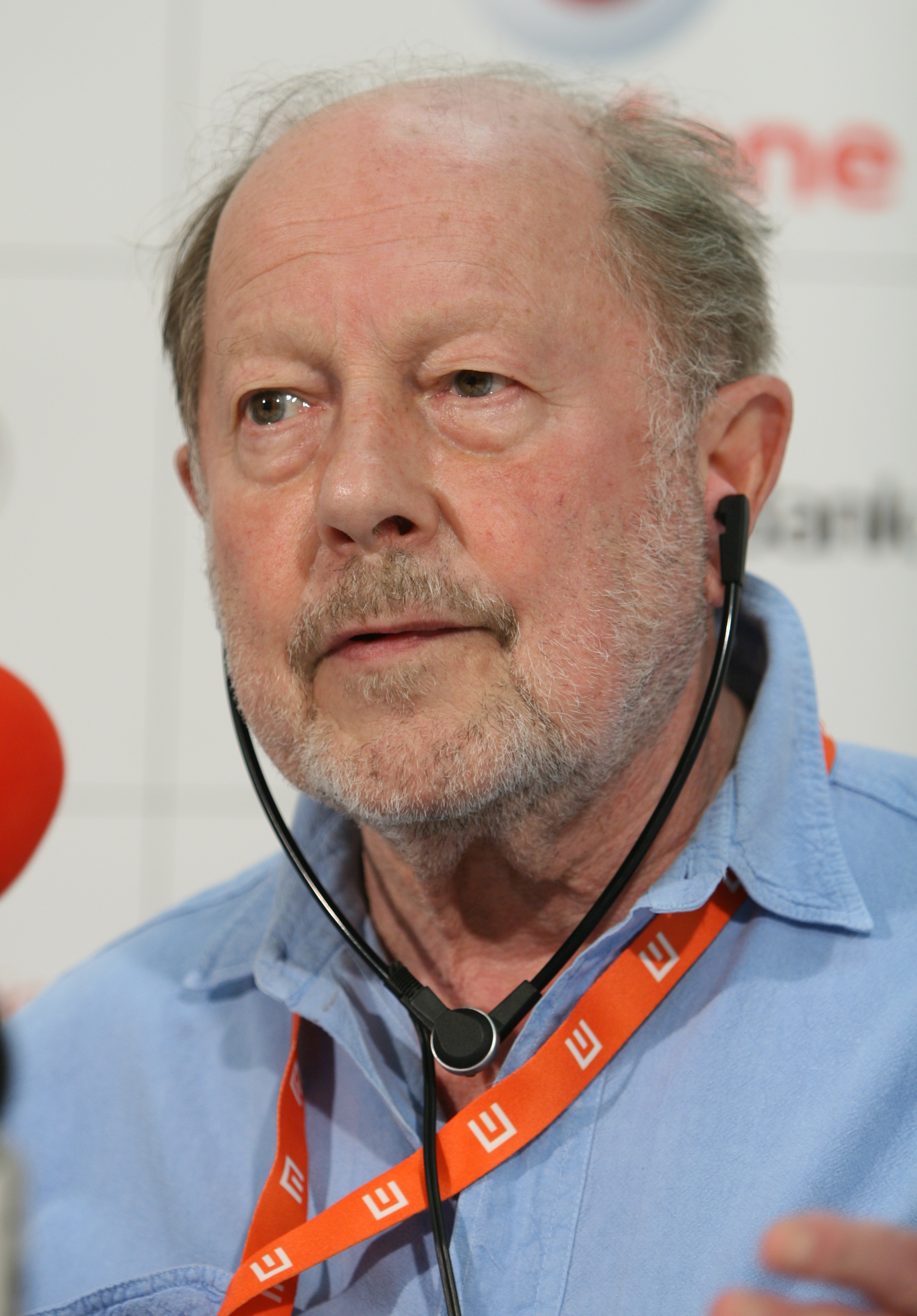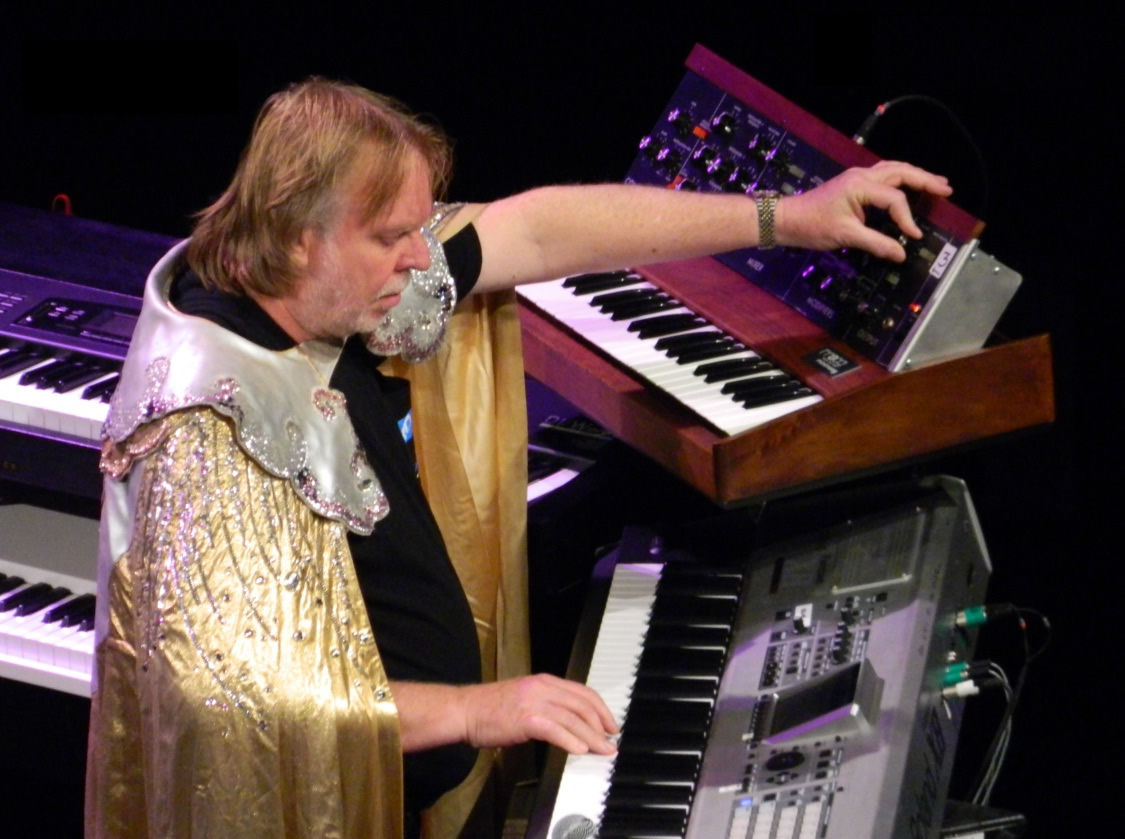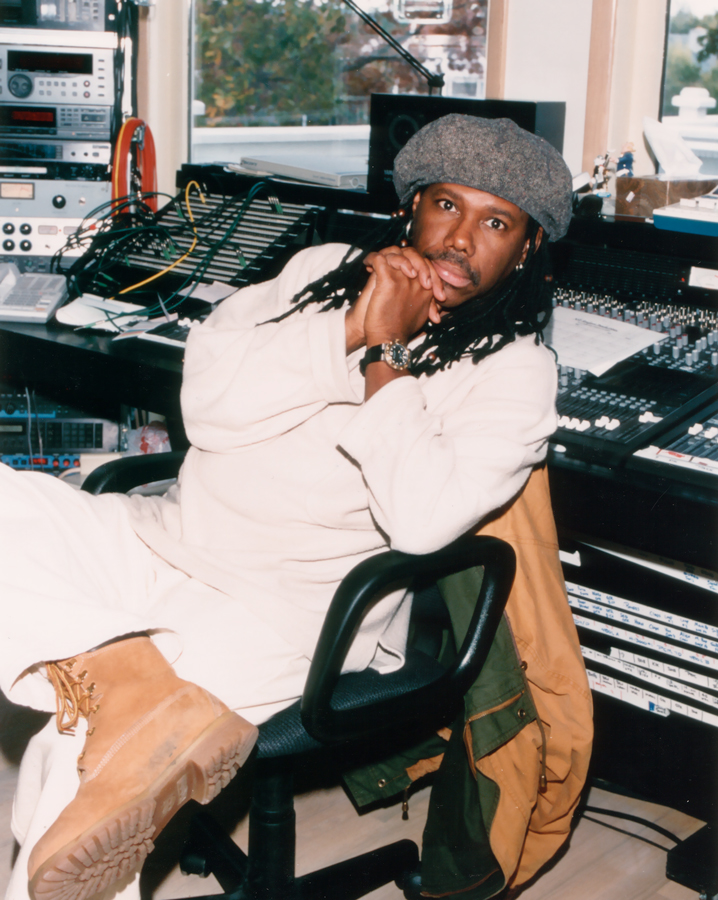|
Serious Moonlight (1983 Film)
''Serious Moonlight'' is a David Bowie concert video. Filmed in Vancouver on 12 September 1983, on the singer's "Serious Moonlight Tour", the video was released on VHS and laserdisc in 1984 and on DVD in 2006. The concert includes most of the songs from the concert although "Star", "Stay", "The Jean Genie", "Red Sails" and " Modern Love" were left off the 1984 release due to time constraints; the songs were not reinstated for the 2006 DVD release. A live version (audio only) of "Modern Love", recorded on 13 July 1983 at a show in Montreal and originally released as the B-side to the studio version of the same song, can be found elsewhere on the 2006 DVD release as background music for the photo gallery. The audio and exact setlist from the concert film was reused for the ''Serious Moonlight (Live '83)'' live album, included with the ''Loving the Alien (1983–1988)'' box set in 2018 and released separately the following year; the live album additionally includes the aforement ... [...More Info...] [...Related Items...] OR: [Wikipedia] [Google] [Baidu] |
David Bowie
David Robert Jones (8 January 194710 January 2016), known professionally as David Bowie ( ), was an English singer-songwriter and actor. A leading figure in the music industry, he is regarded as one of the most influential musicians of the 20th century. Bowie was acclaimed by critics and musicians, particularly for his innovative work during the 1970s. His career was marked by reinvention and visual presentation, and his music and stagecraft had a significant impact on popular music. Bowie developed an interest in music from an early age. He studied art, music and design before embarking on a professional career as a musician in 1963. "Space Oddity", released in 1969, was his first top-five entry on the UK Singles Chart. After a period of experimentation, he re-emerged in 1972 during the glam rock era with his flamboyant and androgynous alter ego Ziggy Stardust (character), Ziggy Stardust. The character was spearheaded by the success of Bowie's single "Starman (song), Starma ... [...More Info...] [...Related Items...] OR: [Wikipedia] [Google] [Baidu] |
Station To Station
''Station to Station'' is the tenth studio album by English musician David Bowie, released on 23 January 1976 through RCA Records. Regarded as one of his most significant works, the album was the vehicle for Bowie's performance persona, the Thin White Duke. Co-produced by Bowie and Harry Maslin, ''Station to Station'' was mainly recorded at Cherokee Studios in Los Angeles, California, in late 1975, after Bowie completed shooting the film ''The Man Who Fell to Earth''; the cover art featured a still from the film. During the sessions, Bowie was dependent on drugs, especially cocaine, and later said that he recalled almost nothing of the production. The commercial success of his previous release, ''Young Americans'' (1975), allowed Bowie greater freedom when he began recording his next album. The sessions established the lineup of guitarist Carlos Alomar, bassist George Murray and drummer Dennis Davis that Bowie would use for the rest of the decade, and also featured con ... [...More Info...] [...Related Items...] OR: [Wikipedia] [Google] [Baidu] |
Iggy Pop
James Newell Osterberg Jr. (born April 21, 1947), known professionally as Iggy Pop, is an American singer, musician, songwriter and actor. Called the "Honorific nicknames in popular music, Godfather of Punk", he was the vocalist and lyricist of proto-punk band The Stooges, who were formed in 1967 and have disbanded and reunited many times since. Initially playing a raw, primitive style of rock and roll (progressing later towards more experimental and aggressive rock), the Stooges sold few records in their original incarnation and gained a reputation for their confrontational performances, which often involved acts of self-mutilation by Pop. He had a long collaborative relationship and friendship with David Bowie over the course of his career, beginning with the Stooges' album ''Raw Power'' in 1973. Both musicians went to West Berlin to wean themselves off their respective drug addictions and Pop began his solo career by collaborating with Bowie on the 1977 albums ''The Idiot (al ... [...More Info...] [...Related Items...] OR: [Wikipedia] [Google] [Baidu] |
China Girl (song)
"China Girl" is a song written by Iggy Pop and David Bowie during their years in Berlin, first appearing on Pop's debut solo album ''The Idiot'' (1977). The song became more widely known when it was re-recorded by Bowie, who released it as the second single from his most commercially successful album, '' Let's Dance'' (1983). The UK single release of Bowie's version reached No. 2 for one week on 14 June 1983, while the US release reached No. 10. Original recording Paul Trynka, the author of the David Bowie biography, ''Starman'', explains the song was inspired by Iggy Pop's infatuation with Kuelan Nguyen, a Vietnamese woman, as a metaphor for his Stooges career. As for production, the original recording that appeared on ''The Idiot'' is raw and unpolished compared to Bowie's hit remake in 1983. Nile Rodgers, the producer of David Bowie's 1983 version of the song, offered his own interpretation of the lyrics: "I figured China Girl was about doing drugs ... because China is Ch ... [...More Info...] [...Related Items...] OR: [Wikipedia] [Google] [Baidu] |
Giorgio Moroder
Giovanni Giorgio Moroder (, ; born 26 April 1940) is an Italian composer, songwriter, and record producer. Dubbed the "Honorific nicknames in popular music, Father of Disco", Moroder is credited with pioneering euro disco and electronic dance music. His work with synthesizers had a large influence on several music genres such as Hi-NRG, Italo disco, new wave, house and techno music. When in Munich in the 1970s, Moroder started his own record label called Oasis Records, which several years later became a subdivision of Casablanca Records. He is the founder of the former Musicland Studios in Munich, a recording studio used by many artists including the Rolling Stones, Electric Light Orchestra, Led Zeppelin, Deep Purple, Queen (band), Queen and Elton John. He produced singles for Donna Summer during the mid-to-late 1970s disco era, including "Love to Love You Baby (song), Love to Love You Baby", "I Feel Love", "Last Dance (Donna Summer song), Last Dance", "MacArthur Park (song)#Donn ... [...More Info...] [...Related Items...] OR: [Wikipedia] [Google] [Baidu] |
Cat People (Putting Out Fire)
"Cat People (Putting Out Fire)" is a song recorded by English singer-songwriter David Bowie. The title track of the 1982 erotic horror film '' Cat People'', Bowie became involved with the track after director Paul Schrader reached out to him about collaborating. The song was recorded at Mountain Studios in Montreux, Switzerland in July 1981. Bowie wrote the lyrics, which reflected the film, while Italian producer Giorgio Moroder composed the music, which is built around only two chord changes. The song was released as a single by Moroder's label MCA Records in April 1982, appearing in different edits between the 7" and 12" releases, alongside edits for other countries. It also appeared on the accompanying soundtrack album. The single was a commercial success, charting in the UK and the US, and topping the charts in New Zealand, Sweden, Norway and Finland. It is considered one of Bowie's finest recordings of the 1980s. The song has since appeared on numerous compilation albums an ... [...More Info...] [...Related Items...] OR: [Wikipedia] [Google] [Baidu] |
Pin Ups (album)
''Pin Ups'' (also referred to as ''Pinups'' and ''Pin-Ups'') is the seventh studio album by English musician David Bowie, released on 19October 1973 through RCA Records. Devised as a "stop-gap" album to appease his record label, it is a covers album, featuring songs by British bands from the 1960s that were influential to Bowie as a teenager, including the Pretty Things, the Who, the Yardbirds and Pink Floyd. The tracks mostly stay true to their original counterparts, albeit performed in glam rock and proto-punk styles. The album was recorded from July to August 1973 at the Château d'Hérouville in Hérouville, France following the completion of the Ziggy Stardust Tour. It was co-produced by Bowie and Ken Scott, marking the final collaboration between the two. Two members of Bowie's backing band the Spiders from Mars contributed, guitarist Mick Ronson and bassist Trevor Bolder, while Mick Woodmansey was replaced by Aynsley Dunbar on drums. Following a surprise announcement ... [...More Info...] [...Related Items...] OR: [Wikipedia] [Google] [Baidu] |
Sorrow (The McCoys Song)
"Sorrow" is a song first recorded by the McCoys in 1965 and released as the B-side to their cover of "Fever". It became a big hit in the United Kingdom in a version by the Merseys, reaching number 4 on the UK chart on 28 April 1966. A version by David Bowie charted worldwide in 1973. A line from the song – "With your long blonde hair and your eyes of blue" – is used in the Beatles song "It's All Too Much" which was featured on their 1969 album '' Yellow Submarine''. The Merseys version The Merseys' version is more up-tempo than the McCoys' folk-rock original. Propelled by Clem Cattini's drumming it features a powerful horn arrangement (most probably the work of John Paul Jones). The horns also take the solo which, on the McCoys version, is performed on harmonica. As the number and quality of subsequent covers demonstrate, the Merseys' single was highly regarded among British musicians. Charts David Bowie version David Bowie's remake of "Sorrow", recorded in July 1973 ... [...More Info...] [...Related Items...] OR: [Wikipedia] [Google] [Baidu] |
Hunky Dory (album)
''Hunky Dory'' is the fourth studio album by English musician David Bowie, released on 17December 1971 through RCA Records. Following the release of his 1970 album, '' The Man Who Sold the World'', Bowie took time off from recording and touring. He settled down to write new songs, composing on piano rather than guitar as on earlier tracks. Following a tour of the United States, Bowie assembled a new backing band consisting of guitarist Mick Ronson, bassist Trevor Bolder and drummer Mick Woodmansey, and began to record a new album in mid-1971 at Trident Studios in London. Future Yes member Rick Wakeman contributed on piano. Bowie co-produced the album with Ken Scott, who had engineered Bowie's previous two records. Compared to the guitar-driven hard rock sound of ''The Man Who Sold the World'', Bowie opted for a warmer, more melodic piano-based pop rock and art pop style on ''Hunky Dory''. His lyrical concerns on the record range from the compulsive nature of artistic reinventi ... [...More Info...] [...Related Items...] OR: [Wikipedia] [Google] [Baidu] |
Life On Mars?
"Life on Mars?" is a song by English singer-songwriter David Bowie, first released on his 1971 album ''Hunky Dory''. In 1968, Bowie was commissioned to write English lyrics for the Claude François French song " Comme d'habitude". After his lyrics were rejected, songwriter Paul Anka rewrote it into "My Way", made famous by singer Frank Sinatra in 1969. Annoyed at the success of "My Way", Bowie used the song as a template and wrote "Life on Mars?" as a parody of Sinatra's recording. It was written primarily on piano and recorded on 6 August 1971, the final day of the ''Hunky Dory'' sessions. Co-produced by Bowie and Ken Scott, the backing band consisted of guitarist Mick Ronson, bassist Trevor Bolder and drummer Mick Woodmansey; Ronson also composed the song's string arrangement. Piano was played by Strawbs member Rick Wakeman. Musically, "Life on Mars?" is described as a "soaring, cinematic ballad". Primarily glam rock, with elements of cabaret and art rock, the song ... [...More Info...] [...Related Items...] OR: [Wikipedia] [Google] [Baidu] |
Breaking Glass (song)
"Breaking Glass" is a song by the English singer-songwriter David Bowie. It was co-written by Bowie, bassist George Murray and drummer Dennis Davis in September 1976. Originally a track on Bowie's 1977 album '' Low'', a reworked version of the song was a regular on the Isolar II Tour. A live version from that tour was used as the lead track on a 7" EP to promote his second live album, ''Stage'' in 1978. The EP reached number 54 on the UK Singles Chart in December 1978. In the US, the track "Star" was chosen as the lead track for the live EP (with "What in the World" and "Breaking Glass" as B-sides), but failed to chart, while in Japan, "Soul Love" was released to promote ''Stage'' (with "Blackout" as the B-side). Bowie performed "Breaking Glass" on his Isolar II, Serious Moonlight, Outside, Heathen, and A Reality tours. Lyrics The original song was uncompromising even by '' Low''s standards. The fractured lyric is, like several songs written during Bowie's stay in B ... [...More Info...] [...Related Items...] OR: [Wikipedia] [Google] [Baidu] |
Let's Dance (David Bowie Album)
''Let's Dance'' is the 15th studio album by English singer-songwriter David Bowie, released on 14 April 1983 through EMI America Records. After the release of '' Scary Monsters'' (1980), Bowie began a period of numerous musical collaborations and film appearances. By 1982, he left RCA Records out of dissatisfaction and signed with EMI America. Wanting a fresh start, he chose Nile Rodgers of the band Chic to co-produce his next record. The album was recorded in December 1982 at the Power Station in New York City. The sessions featured entirely new players, including then-unknown Texas blues guitarist Stevie Ray Vaughan on lead guitar. For the first time ever, Bowie only sang and played no instruments. Musically, ''Let's Dance'' has been described as a post-disco record, with elements of dance-rock, dance-pop and new wave. It contains three cover songs: Iggy Pop's "China Girl", which Bowie and Pop had recorded together for the latter's ''The Idiot'' (1977); Metro's "Cri ... [...More Info...] [...Related Items...] OR: [Wikipedia] [Google] [Baidu] |
.png)



.jpg)


